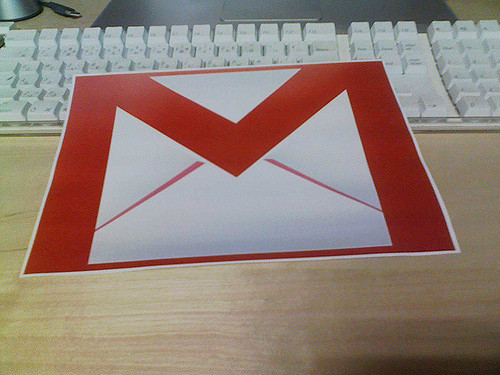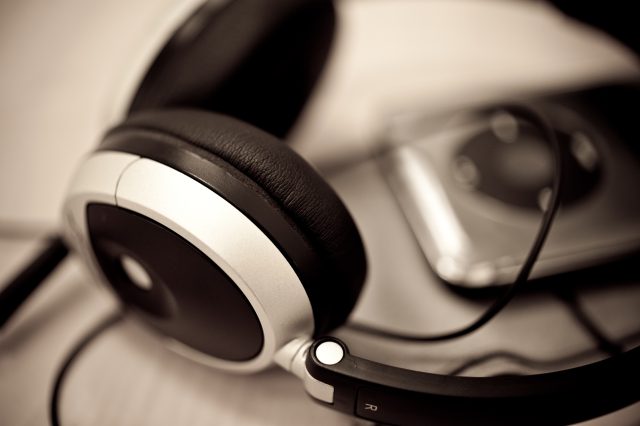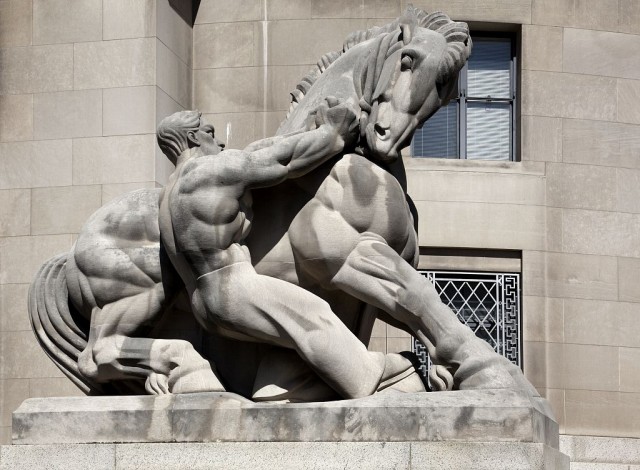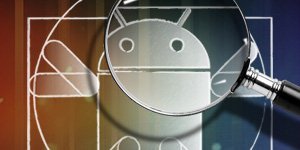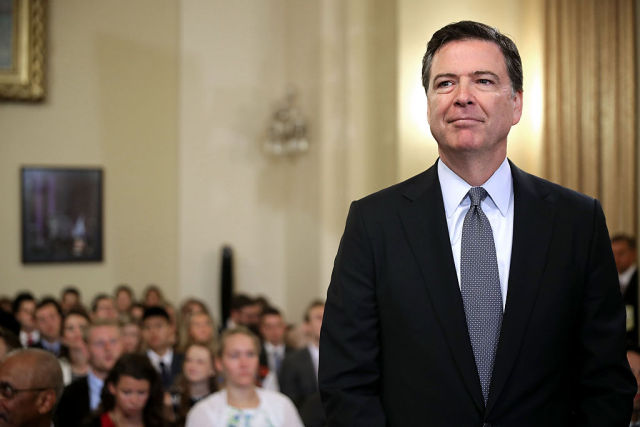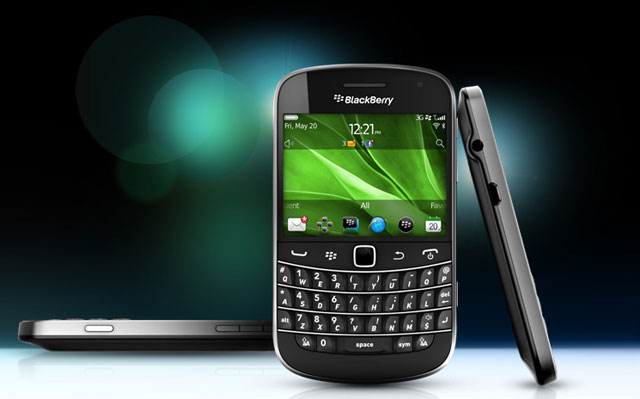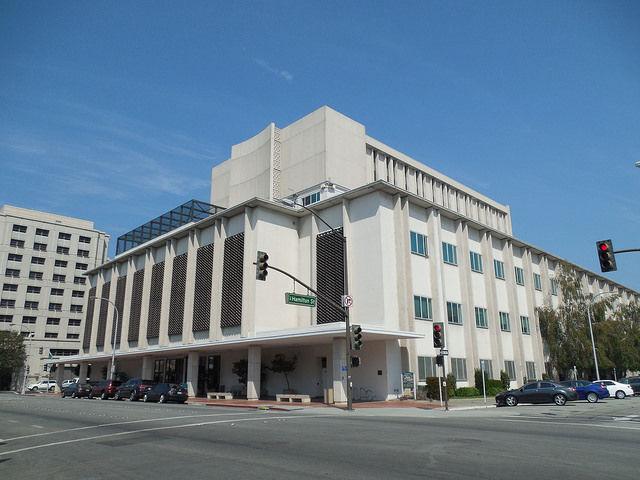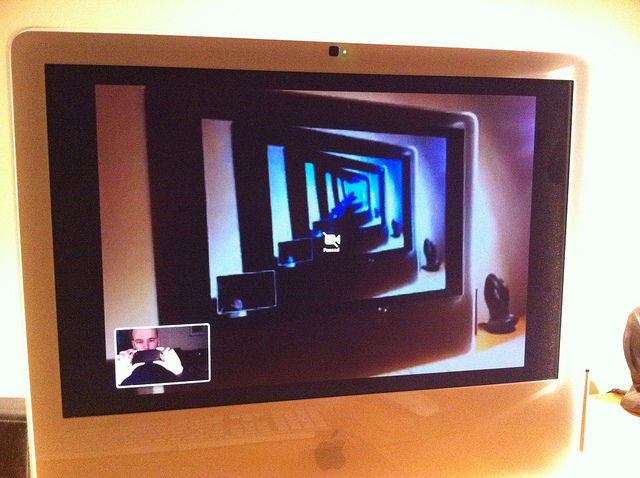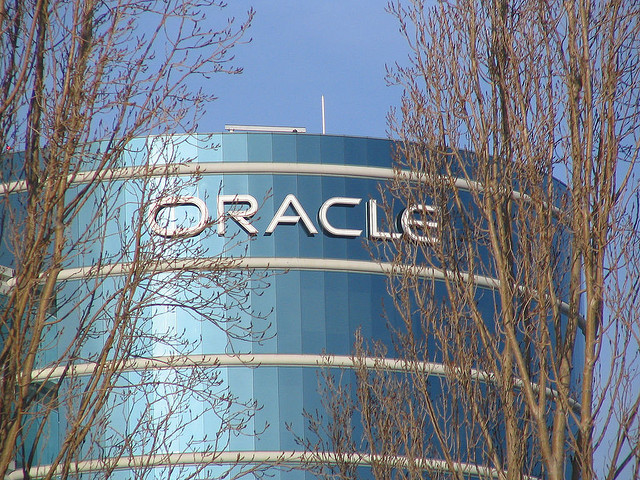
(credit: Peter Kaminski / flickr)
SAN FRANCISCO—Oracle lawyers argued in federal court today that their copyright trial loss against Google should be thrown out because they were denied key evidence in discovery.
Oracle attorney Annette Hurst said that the launch of Google Play on Chrome OS, which happened in the middle of the trial, showed that Google was trying to break into the market for Java SE on desktops. In her view, that move dramatically changes the amount of market harm that Oracle experienced, and the evidence should have been shared with the jury.
"This is a game-changer," Hurst told US District Judge William Alsup, who oversaw the trial. "The whole foundation for their case is gone. [Android] isn't 'transformative'; it's on desktops and laptops."
